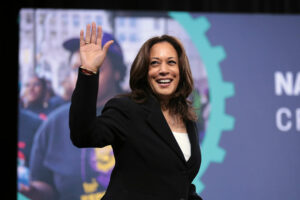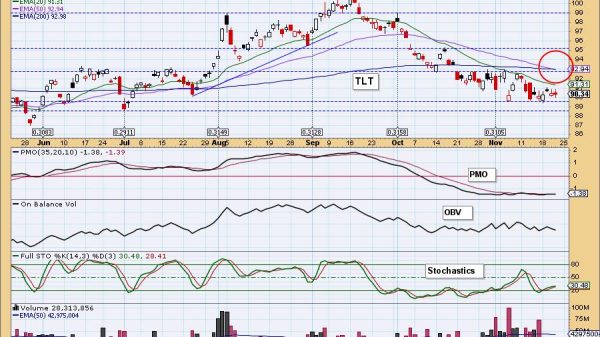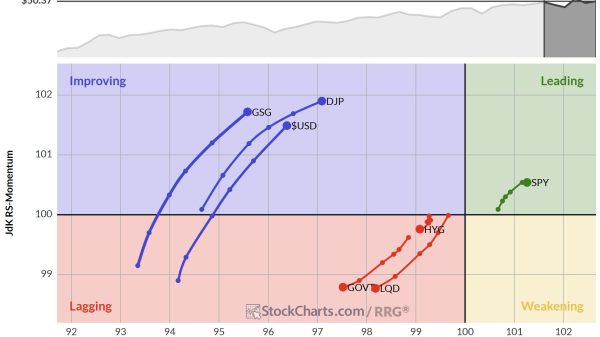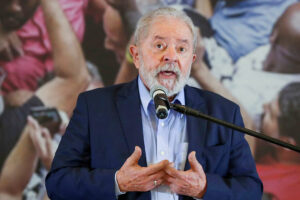SAO PAULO/BRASILIA — The second round of Brazil’s presidential campaign kicked off Monday after right-wing President Jair Bolsonaro outperformed polling and robbed leftist former President Luiz Inacio Lula da Silva of an outright victory in the first round of voting.
The unexpectedly strong showing by Mr. Bolsonaro on Sunday dashed hopes for a quick resolution to the deeply polarized election in the world’s fourth-largest democracy.
With 99.9% of electronic votes counted, Lula had taken 48.4% of votes versus 43.2% for Mr. Bolsonaro. As neither got a majority of support, the race goes to a runoff vote on Oct. 30.
The race has proven tighter than most surveys suggested, revitalizing Mr. Bolsonaro’s campaign after he insisted that polls could not be trusted. If he pulls off a comeback, it would break with a wave of victories for leftists across the region in recent years, including Mexico, Colombia, Argentina and Chile.
Adding to tensions in Brazil, Mr. Bolsonaro has made baseless attacks on the integrity of Brazil’s electronic voting system and suggested he may not concede if he loses. On Sunday night, he sounded confident victory was within reach and avoided criticism of the voting system.
“I plan to make the right political alliances to win this election,” he told journalists, pointing to significant advances his party made in Congress in the general election.
Mr. Bolsonaro’s right-wing allies won 19 of the 27 seats up for grabs in the Senate, and initial returns suggested a strong showing for his base in the lower house.
The strong showing for Mr. Bolsonaro and his allies, which added to pressure on Lula to tack to the center, led bankers and analysts to expect a boost for Brazilian financial markets on Monday after Sunday’s surprising result.
Lula put an optimistic spin on the result, saying he was looking forward to another month on the campaign trail and the chance to debate Mr. Bolsonaro head-to-head.
Inside his campaign, however, there was clear frustration that he had fallen short of the narrow majority forecast in some polls, along with weak results in state races outside of his party’s traditional northeastern stronghold.
“There was a clear movement of votes in the southeast, beyond what the surveys and even the campaign managed to detect,” a campaign source said on condition of anonymity because of the sensitivity of the matter.
Support for distant third- and fourth-place finishers also fell short of recent surveys, suggesting some of their backers may have shifted to Mr. Bolsonaro when it came time to vote.
Centrist Senator Simone Tebet, who got 4% of votes, and center-left former lawmaker Ciro Gomes, who got 3%, both said on Sunday night they would announce decisions about endorsements in the coming days.
With the momentum in Mr. Bolsonaro’s favor, Lula may need all the help he can get.
“Clearly Bolsonarismo was underestimated,” said Senator Humberto Costa, a compatriot of Lula’s Workers Party. — Reuters























